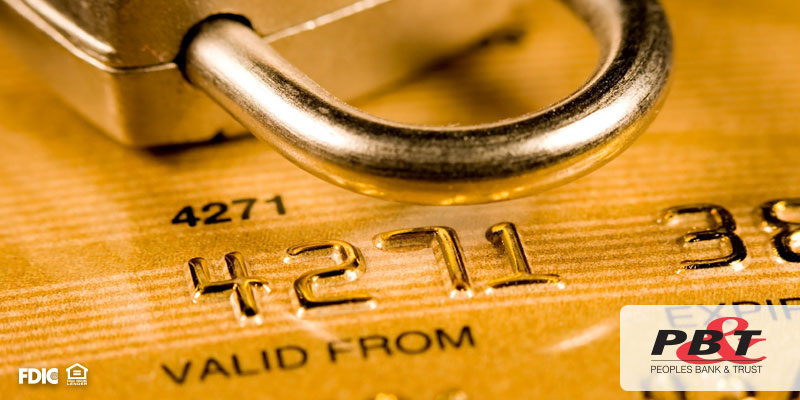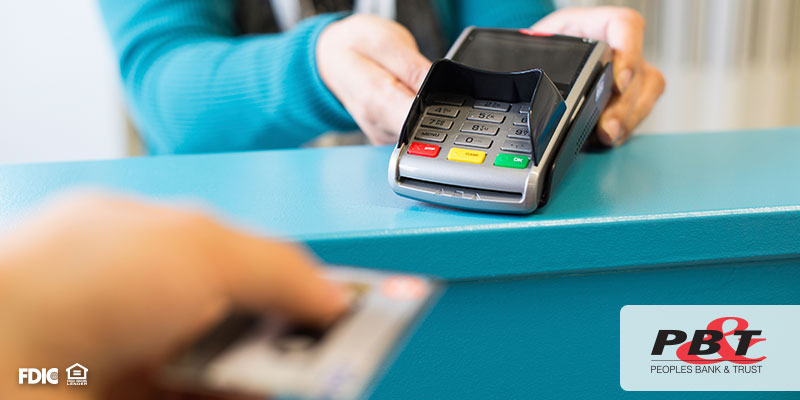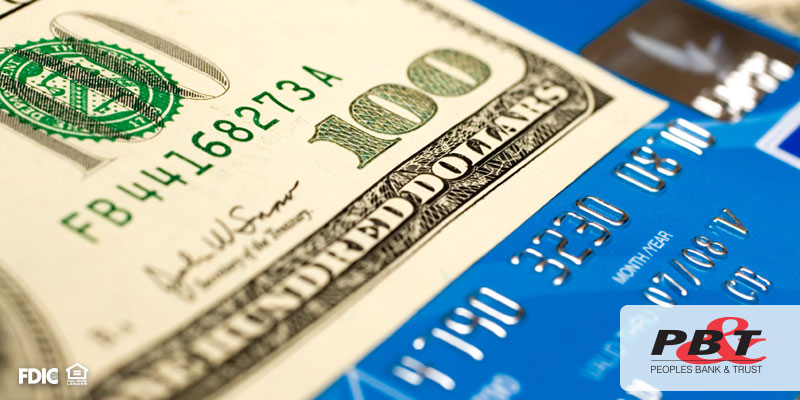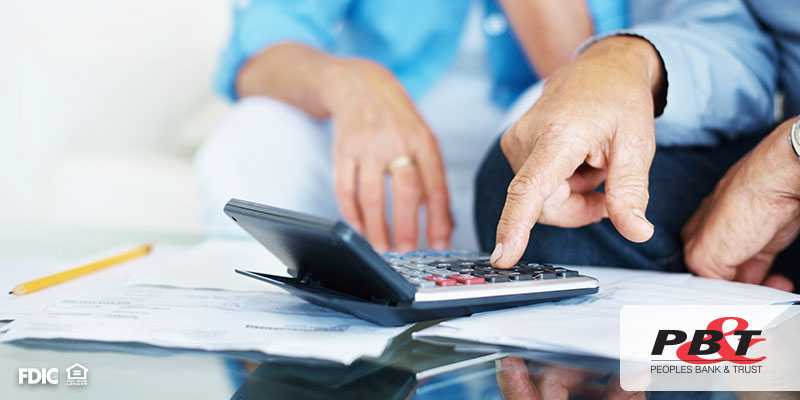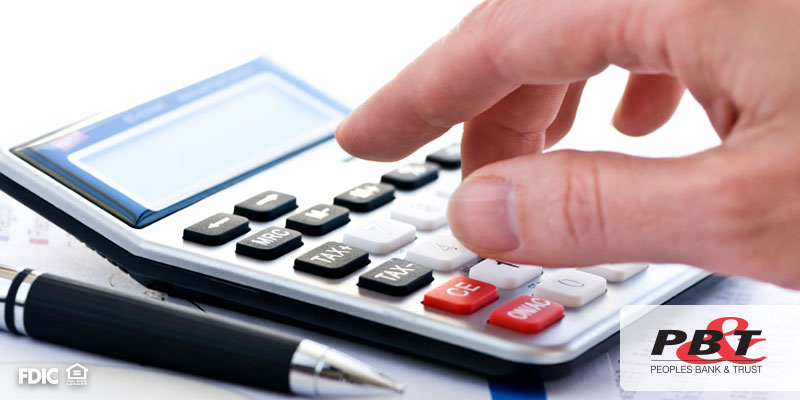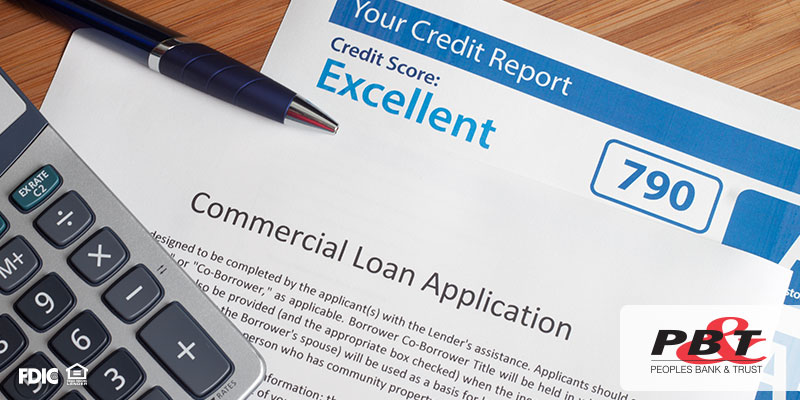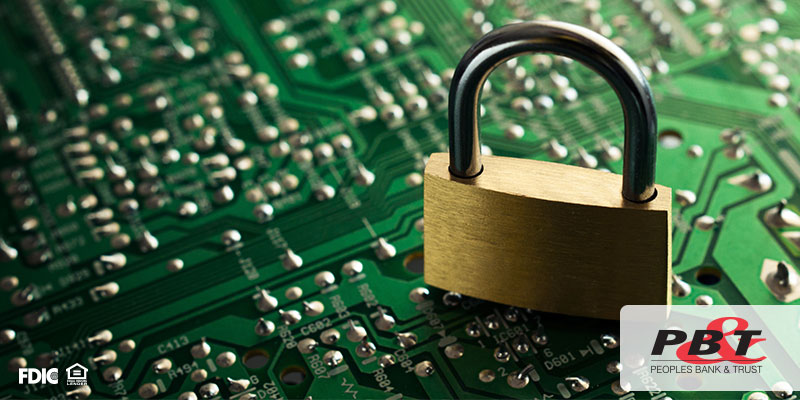
Ever wonder how Mark Zuckerberg or Richard Branson got where they are today? Success doesn’t come easy, but it grows where it is watered. At Peoples Bank & Trust, we want to help you climb into financial success with these simple tactics! Learn how to begin your money management journey with these 10 key actions:
1. Wake up early. The early bird gets the worm! Take care of morning tasks at the start of the day to start crossing items off your to-do list before you leave the house. Paying your bills in the morning can be a great way to avoid stressing out about it later, plus then you’ll know where you stand before the day’s purchases!
2. Say no. No is a powerful word. When waiting in the grocery line, saying “no thanks” to those tempting impulse buys can mean the difference between saving each month and spending over your budget.
3. Create a routine. Pay your bills on time, at the same time each and every month. By establishing a regular bill pay schedule you can ensure that each month you allocate the appropriate funds before the designated day.
4. Treat failure as a lesson. Miss a payment? Over withdraw from your account? No worries, it happens. Instead of getting upset about this simple mistake, take a it as a learning experience. Commit to not making that error again, and determine what steps you can do to stay on track.
5. Organize everything. Between your income statements, taxes, payment schedule and more, ensure that all your financial documents have a designated home. Investing in sound organizational tools will pay off in the long run by eliminating errors and boosting your managing capabilities.
6. Think Long-Term. Do you know where you want your finances to be six months from now? How about six years from now? By thinking beyond your immediate financial needs, you can create a well-rounded plan to help you avoid future financial troubles!
7. Live Frugally. Stretching those hard earned dollars doesn’t always come easy. Cooking instead of eating out, or buying used instead of new are some common ways to save throughout the year. By spending less you can increase your available funds to pay down debt and build your savings.
8. Automate Payments. Between tucking funds away for your 401(k) and paying your cell phone bill, there is a wide variety of ways to automate your money management. For monthly expenses and incomes, automation is a great tool to use. The old saying, “out of sight out of mind,” is tried and true. By automatically debiting your 401(k) each month, you’ll learn to budget your available funds without your subtracted savings.
9. Eliminate Balances. Credit Card and other debt balances pull your credit score down. Boost your numbers up and up by paring down your debt!
10. Grow Your Goals. Setting goals help you and your family determine what it is that you’re working towards. By increasing your goals as you begin to reach more and more of your commitments you can continue building your financial knowledge and capabilities.
Peoples Bank & Trust Co.
Member FDIC
Equal Housing Lender



